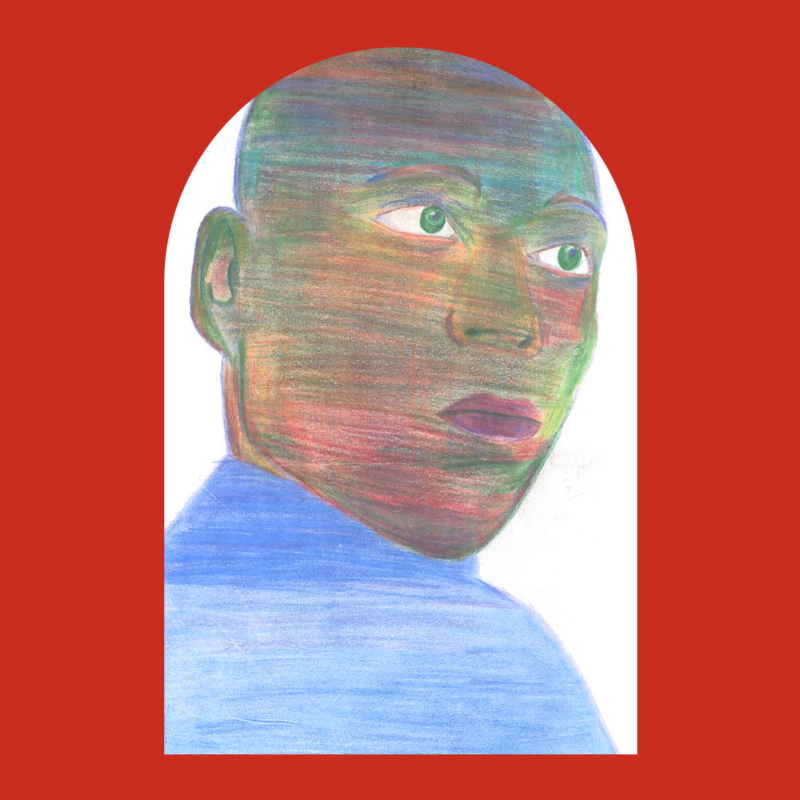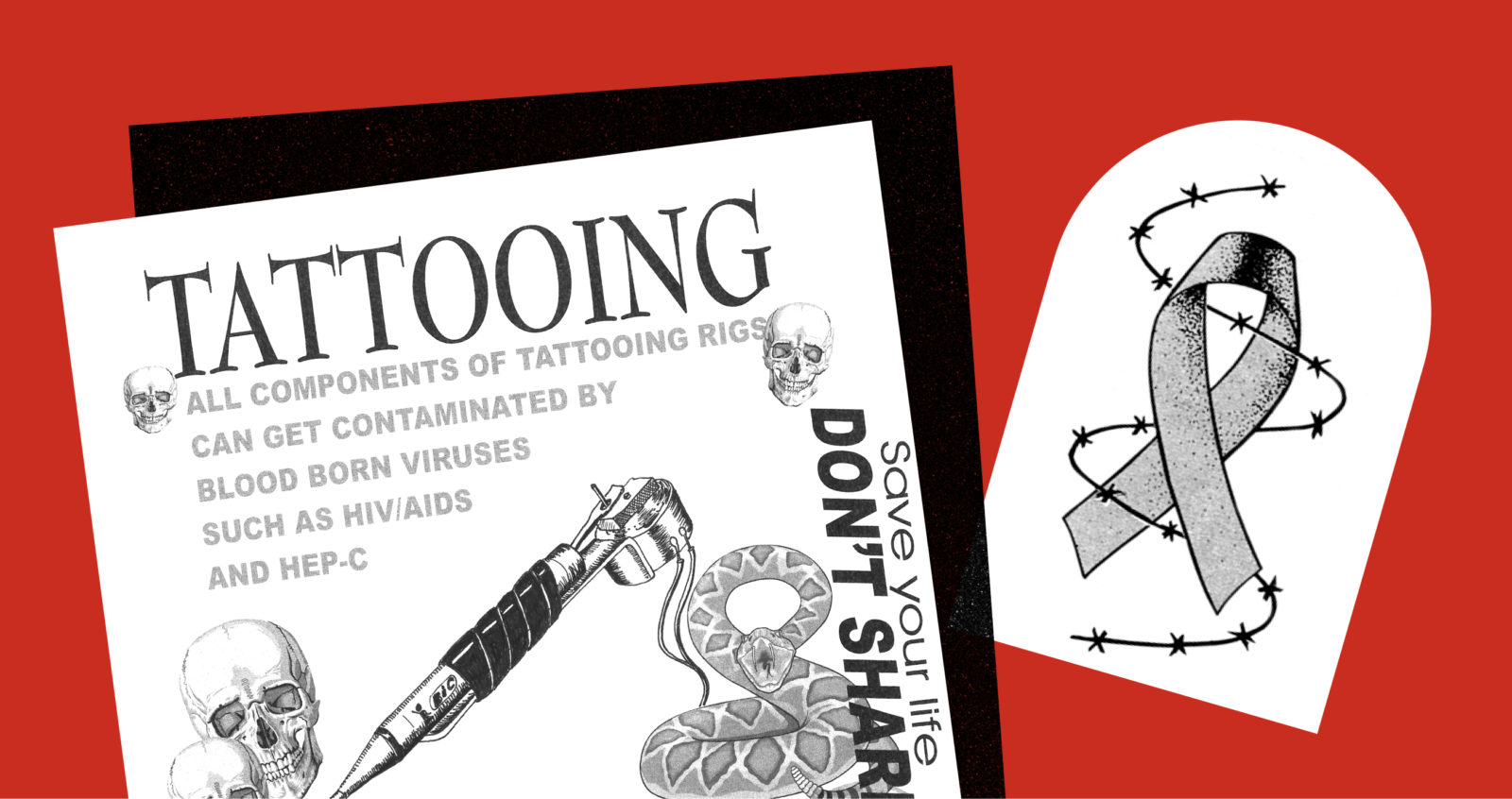For Allies and Supporters
Overview
PASAN is a place where prisoners matter. Supporting our work means:
- Advancing the understanding that prison health is public health and that prisoners , and ex-prisoners are a part of our communities.
- Advocating for and with prisoners and ex-prisoners living with or at risk of HIV and HCV.
- Challenging and resisting the structures that drive criminalization, incarceration, and health inequities, such as systemic racism, poverty, war on drugs
- Being in community and in relation with one another in ways that centre accountability, healing and mutual care
- Challenging laws that unjustly criminalize and stigmatize people living with HIV

Artwork by Mustapha El Kaaki
Why abolition?
The prison abolition movement is grounded in the recognition that incarceration is a tool of colonialism, white supremacy, and other systems of oppression, and one that further perpetuates, rather than prevents, trauma and violence.
The prison system causes significant and widespread harm not only to prisoners—who are disproportionately Indigenous, Black, racialized, disabled, and/or 2SLGBTQ—but also to their families and communities. At the same time, it fails to redress and heal the harms caused to those who have experienced wrongdoing—who are also disproportionately Indigenous, Black, racialized, disabled, and/or 2SLGBTQ.
PASAN is committed to prison abolition and to developing community-based transformative justice alternatives. We know that meaningfully addressing violence, meeting the needs of survivors, promoting accountability, creating capacity for change, and fostering collective safety and wellbeing requires nothing less. As we work to build that future, we also strive to protect the rights, dignity, autonomy and humanity of those who experience incarceration today. We support and safeguard prison health and prison justice within a harm reduction framework, without ever losing sight of the fact that prisons are fundamentally unhealthy and unjust.
Prison health and prison justice mean many things, including:
- Access to the same standard of care for prisoners that is available in the broader community, including HIV and HCV prevention and treatment, and comprehensive and culturally safe mental health care
- Access to harm reduction strategies for prisoners who use drugs
- Gender-affirming prison assignments and care for trans and gender diverse prisoners; spaces where they are free from harassment, discrimination and abuse on the basis of gender identity and expression.
- The end of isolation conditions within prisons, whether in Structured Intervention units, observation cells, or lockdowns.
We advance this work while simultaneously working towards a world where communities have what they need to survive and thrive; a world in which prisons are obsolete.

Old PASAN tattooing resource with artwork by Peter Collins along with PASAN's old logo
How does PASAN advance this work?
PASAN uses a number of different strategies to advocate for and support prisoners’ rights and wellbeing, at the systemic, community, and individual levels.
We continue to lead the legal fight for access to safe needle exchange in federal prisons; standing at coroner’s inquests, policy roundtables and other forums in which we advocate for a range of harm reduction measures for prisoners who use drugs
We conduct HIV and Hep C prevention education; and run overdose prevention and harm reduction programs in both federal and provincial institutions throughout Southern Ontario.
We foster meaningful relationships and work alongside community partners, to provide wrap-around support for incarcerated and formerly-incarcerated people.
We work with organizations to build their capacity to offer prison-based programs and services for prisoners and ex-prisoners, and develop strategies and networks to support referrals and continuity of care for HIV-positive prisoners.
We provide individual support services—, case management support, referrals, system navigation, pre-release planning, reintegration support and advocacy.
